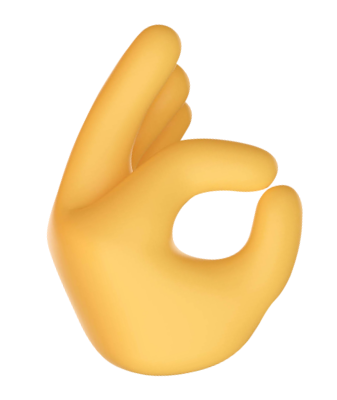Eurovision 2025: a masterclass in cross-cultural engaging

Lights out at Basel’s St. Jakobshalle: Eurovision 2025 wrapped up to standing ovations and record-breaking numbers. But beyond the music, it leaves a powerful message for anyone working in communication and branding. Because yes, the European song contest is (above all) a masterclass in engagement, storytelling, and cultural positioning.
Back to the origins
69 years after its first edition, Eurovision returned to where it all began: Switzerland, the birthplace of the very first contest held in Lugano in 1956. The event was hosted by Hazel Brugger and Sandra Studer, with Michelle Hunziker joining them for the grand final: a trio that masterfully combined humor, elegance, and broad cross-generational appeal.
According to ANSA data, the event reached over 21 million viewers (for at least one minute), confirming the enduring power of a format that continues to resonate across a highly diverse audience in terms of languages, ages, cultures, and media habits.
More than music: Eurovision as a cultural brand
Eurovision was born with a clear mission: to promote cooperation and inclusion through music. Born after World War II, the contest aimed to build bridges between nations. Today, that value is expressed through powerful cross-cultural storytelling that generates empathy and shared experiences among audiences.
A standout example? the mini-documentaries preceding each performance. They were real experiential "postcards" allowing the artists to explore Swiss locations, met locals, and shared authentic, personal moments. A kind of Immersive storytelling: simple, but incredibly effective.
Aesthetic and identity: looks that speak out loud
Over the years, Eurovision has evolved the language of performance, transforming the stage, costumes, and choreography into tools of identity expression.
From the monster rock of Lordi in 2006 (competing for Finland), to the yellow masks of Subwoolfer in 2022 (representing Norway), to Dana International’s legendary 1998 win, representing Israel (the first transgender woman to win Eurovision, becoming an LGBTQ+ community icon), the contest has consistently rewarded creative authenticity and amplified social and cultural narratives.

This year? Two major highlights
-Céline Dion’s emotional video message (shown during rehearsals), celebrating her bond with Eurovision and Switzerland: she won for the country in 1988 with the song “Ne partez pas sans moi.”
-Italy’s unexpected spokesperson: Topo Gigio. A cross-generational icon, chosen as a universal symbol of tenderness and inclusion: a strategic move blending storytelling, irony, and pop culture.
Social media: the real parallel stage
Today, the real battleground is digital, with TikTok on top. The contest’s official contents (from backstage clips to reactions and “cheesy” Q&As) show how to activate global communities through native formats.
Another example? Go-Jo, the Australian artist that rose to prominence in 2023 thanks to a video that went viral where he was busking. Even if his song “Milkshake Man” didn’t make it to the final, it sparked meaningful conversations on the power of grassroots music energy.
Memes as storytelling tools
Eurovision and memes go hand in hand. One standout example? “Espresso Macchiato” by Estonian rapper Tommy Cash: a bold parody of Italian stereotypes that became a viral cult hit, racking up over 11K TikTok videos. The twist? The track is actually a satire on cultural globalization.
As a matter of fact, the song gained particular traction on TikTok among baristas, who filmed themselves pouring coffees to the beat of its catchy chorus: “Mio amore, espresso macchiato macchiato, por favore.”
Or “Tutta l’Italia” by Gabry Ponte, competing for San Marino. A bittersweet, ironic track reflecting on the highs and lows of Italian identity: a meta-cultural message disguised as a summer anthem.
Brands, take notes
Eurovision is a goldmine of inspiration for marketers and brand managers. Here’s the key learnings:
-Use trends, but do not copy them and try to reinvent it in an innovative way. The key isn’t to chase what’s trending, but to reinterpret it with coherence and originality.
-Empower your community. Involve creators, fans, and ambassadors through co-created content, like Moroccanoil did. This brand has been the official beauty partner of the contest for over 4 years and it has built a community around the artists and backstage, engaging influencers like Beatrice Valli.
-Authentic, visual storytelling. Every element, from stage looks to performance clips is an opportunity to communicate a clear and recognizable brand identity.
To be universal, you must be unique
Eurovision reminds us every year: to speak to everyone, you need empathy, creative courage, and cultural sensitivity.
In a world saturated with content, authenticity is the differentiator.
If you’re a brand or business, Eurovision is far more than a music show. It’s a global engagement case study and a creative lab you can draw inspiration from, every single day.
It's all about creating content that resonates.
 Do you want to craft your tailor-made storytelling?
Do you want to craft your tailor-made storytelling?